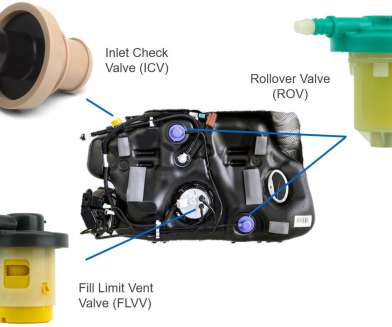Eaton introduces set of products to reduce vapor emissions during refueling; LEV III regulations
Green Car Congress
JANUARY 14, 2021
Power management company Eaton has introduced a complete suite of solutions from its Vehicle Group to reduce vapor emissions produced during the refueling of gasoline-powered vehicles. This leakage occurs in all gasoline-powered vehicles, including passenger cars and an increasing number of small- and mid-sized commercial vehicles.












Let's personalize your content